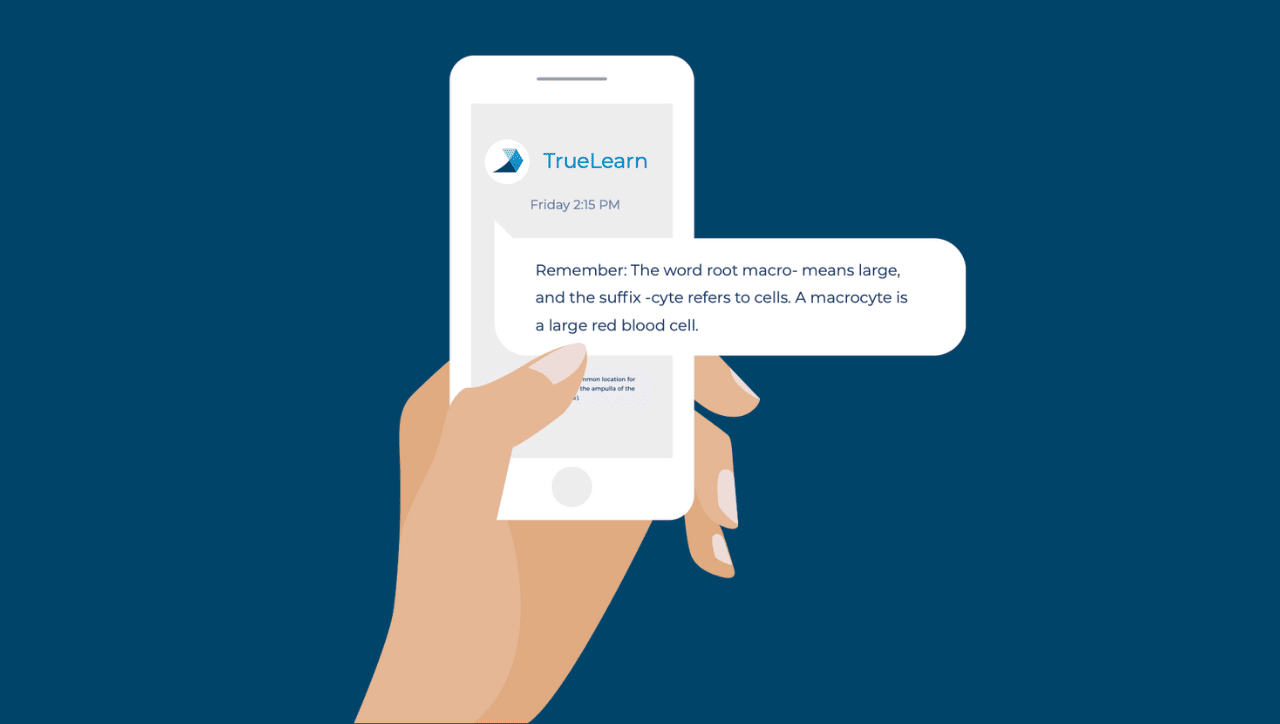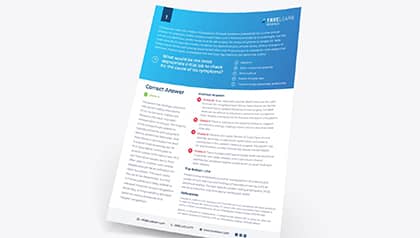CREOG Exam: Everything You Need to Know
The CREOG In-Training Exam is a yearly exam during Obstetrics & Gynecology residency, which acts as a barometer for programs and individual residents in preparation for the American Board of Obstetrics & Gynecology (ABOG) Qualifying Exam, colloquially known as “written boards”, which are taken in July, just after the completion of an OB/GYN residency. This exam will test knowledge of all facets of OB/GYN, including subspecialty care, research, and ethics. The exam is offered on 4 consecutive days each January, usually Wednesday through Saturday, but the exam is completed on one of those days, which is typically assigned to you by your residency program.
What does CREOG stand for?
CREOG stands for the Council on Resident Education in Obstetrics and Gynecology. CREOG falls under the umbrella of the American College of Obstetricians and Gynecologists (ACOG), which is the professional membership organization of Obstetricians and Gynecologists in the United States. The mission of CREOG is to “improve all aspects of residency education in Obstetrics and Gynecology”, among other things, and dedicating itself to “the promotion and the maintenance of excellence in residency education”.
CREOG Content and Structure
The CREOG exam will test your knowledge on different facets of OB/GYN practice. These categories, as outlined by CREOG in their educational objectives, are as follows: General Considerations, Obstetrics, Gynecology, Office Practice, Peri-Operative Care & Procedures.
General Considerations refers to areas such as communication skills, professionalism, systems-based practice and improvement, as well as basic foundational science, such as anatomy, and genetics.
Obstetrics will test antepartum, intrapartum, and postpartum changes in normal pregnancy, as well as complications and other considerations for patients with and without comorbidities.
Gynecology encompasses benign and neoplastic processes of the breast and reproductive tracts, including surgical and non-surgical management options.
Office Practice will focus on routine preventative health care at all ages, as well as contraception, pediatric and adolescent gynecology, abortion, sexual health, trauma and abuse, the breast, and other common presenting conditions or complaints, such as menopause and geriatric care, as well as hypertension and cardiovascular disease, endocrine, gastrointestinal, genitourinary, musculoskeletal, and mental health disorders.
Peri-Operative Care tests knowledge on optimizing patients for surgery, pre-operative, post-operative, and intra-operative procedures, as well as complications and critical care.
Lastly, Procedures ensures that you can perform standard OB/GYN procedures and understand more complex or specialized procedures that may be performed by sub-specialists or other related care professionals, such as Gynecologic Oncology or Urogynecology procedures, but also things like general and regional anesthesia.
All these topics will be tested throughout the exam, but will be mixed in, so subjects are not tested in individual sections, but rather in individual questions. Questions may even tackle multiple subject areas, testing to see if the resident can integrate knowledge from different areas of OB/GYN to come to the correct conclusion.
How Many Questions Are on The CREOG Exam?
While the number of questions changes slightly from year to year, expect around 300-350 questions that are broken up into two roughly equivalent sessions. The number of questions change as CREOG tests new questions and attempts to validate them each year.
How Long Do I Need to Study for the Exam?
You aren’t in residency to study for a test, but in all honesty, you are studying every day with every patient you see. You will be reading about those patients, caring for them, maybe operating on them and all these experiences will help you with your test. That being said, you’ll have to be more intentional about your studying to ensure you do well on CREOGs and ultimately on the ABOG exams.
Because each resident will learn differently, you’ll need to assess how much time you’ll need to dedicate to studying for yourself. It is best to make an effort to incorporate studying into your normal weekly routine, so that it doesn’t feel like you are cramming right before the exam. Whether that is doing a set number of CREOG practice questions or studying for a set number of hours, each week will be a personal decision, based on your strengths and weaknesses, as well as prior study habits that have worked for you up until this point in your educational career.
Popular resources include question banks, such as TrueLearn, Countdown to CREOG, ACOG Practice Bulletins and Committee Opinions, as well as Podcasts, such as CREOGs Over Coffee, and PROLOGs (Personal Review of Learning in Obstetrics and Gynecology).
Top 3 Things You Need to Know If You’re Taking the CREOG Exam
- Aim for 200 and above. While different studies have evaluated different cut offs, a score of 200 is correlated with an increased chance of passing the ABOG Qualifying Exam. Once you complete the exam your intern year, you will be provided with information on your strengths and weaknesses, which can help to guide your study moving forward.
- Learning is a lifelong practice. You’ve spent the better part of your life studying – you should know what works best for you by now. Stick to it and make it a routine, so that you don’t stress and end up cramming for the exam. This will help you to retain more information and make you a better OB/GYN in the future!
- Don’t be afraid of your weaknesses or topics you don’t enjoy. These can sometimes be the areas that feel the scariest to tackle but know that you have more to gain by focusing on your weaknesses, rather than reiterating your strengths. And who knows – maybe you’ll end up enjoying these areas more when you understand them better!
References:
ACOG CREOG Education and Events
Written by Michael A. Belmonte, MD, an OB/GYN and Complex Family Planning Fellow at University of Colorado.


